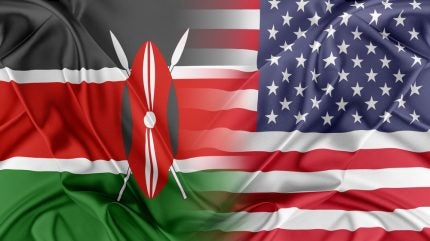
Kenya’s President Samoei Ruto announced that the country’s strategic interventions in the textile and apparels sub-sector have provided Kenya with a competitive advantage, attracting investors and growing the manufacturing base.
This, he believes, has not only led to increased exports, but also expanded job opportunities for factory workers and over 40,000 cotton farmers.
According to USAID Kenya, the country has the largest, most diversified economy and the second largest population in East Africa. It stated: “Kenya also has a young, ambitious, and well-educated workforce eager to contribute to the development of the country.”
The $11m partnership between Kenya and the US is aimed at bolstering the textile and apparel sector of the East African country.
US Ambassador to Kenya Meg Whitman, took to X (formerly Twitter) and shared a comment on the Kenya-US partnership: “Investments by USAID Kenya are creating quality jobs for Kenyans and increasing exports to the US.”
In 2023, USAID awarded a two-year $2m grant to North Carolina State University’s Wilson College of Textiles for training around 1,500 Hondurans in yarn spinning, knitting, dyeing and finishing, and apparel production.
USAID, through Hilando Oportunidades (spinning opportunities), was transforming the lives of Honduras’ youth by providing skills and training for careers in the textile industry.




